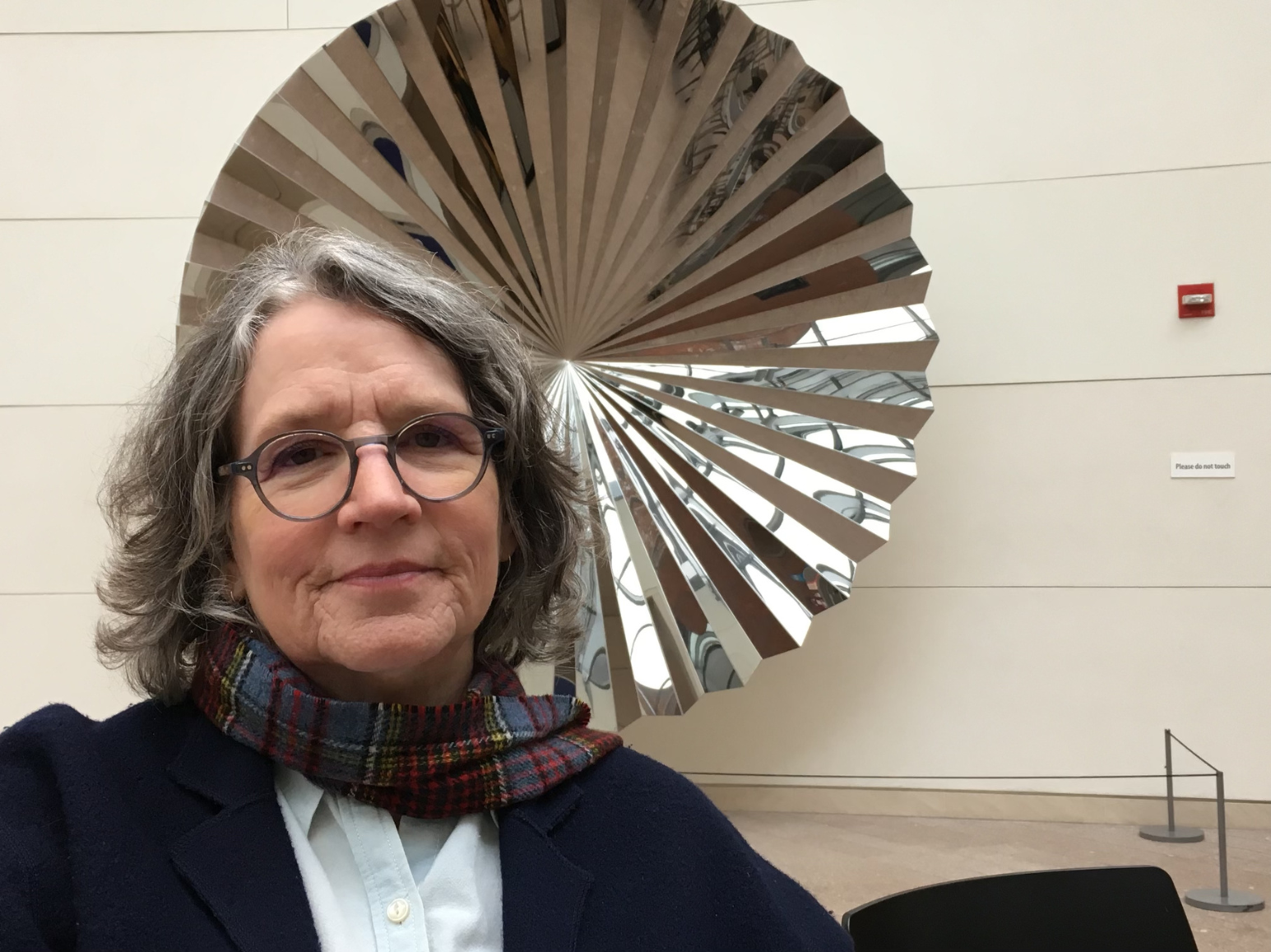A deep personal connection to the University of Arkansas Libraries and a desire for their preservation prompted U of A alumnus Paul Goodwin to establish the Dr. Clia M. Goodwin and Mr. Paul D. Goodwin Preservation Endowment for the University Libraries.
The $250,000 planned gift provides long-term support for the preservation of the Special Collections.
The University Libraries’ vision is to be a vibrant and diverse intellectual center of campus. It houses over 3.7 million books and e-books, more than 232,000 journals and over 23,000 feet of archival collections. The collections consist of unique historical materials that provide insight into Arkansas history and related topics, often from first-hand accounts. Many items within the collections are unpublished and one –of –a –kind. Goodwin’s gift will help prolong the useful life of the collections.
“The Dr. Clia M. Goodwin and Paul D. Goodwin Preservation Endowment for the University Libraries will support every aspect of our land-grant mission to transform lives through education, conduct impactful research and serve the people of Arkansas,” said Chancellor Charles Robinson. “We are grateful to Paul Goodwin for helping ensure that the artifacts of our state’s history housed in Special Collections will remain safe and accessible for decades to come.”
“We are truly thankful to Paul Goodwin for creating this endowment for the University Libraries,” said Scott Varady, vice chancellor for university advancement. “His effort to help preserve the collections in our libraries will benefit faculty, students and researchers for generations.”
 |
| Clia Goodwin |
Paul and Clia met in 1965 outside of the Science and Engineering Auditorium, an arrangement orchestrated by mutual friends. They sat together in the auditorium that day and the following, cementing their seating arrangement for the rest of the semester. However, it was the peak of the Vietnam War, and Goodwin soon left the university to begin his military service. After he completed basic training, Goodwin moved on to the Defense Language Institute to study Chinese. The Army Security Agency eventually sent him to Okinawa. After about a year overseas, Paul proposed to Clia. He flew to Clia’s home in Tulsa to get married, and they returned to Okinawa together for Goodwin to complete his service.
Goodwin returned to the U of A on the GI Bill in 1971 to complete his undergraduate degree.
“I wanted to be sure the people I was working with had read a book in the last year and to me, that meant going into higher education,” Goodwin said.
In hindsight, he repented of his original major in zoology (parasitic copepods in the Gulf of Mexico weren’t that fascinating). Since he had always been drawn to words, after a discussion with Clia, he changed his major to communications. When he returned to the university, he was older than most other students, had a beard and wore cutoff army fatigues. In striking contrast to his first undergraduate career, Goodwin made the dean’s list and graduated with a Bachelor of Arts in speech and dramatic art in 1972.
During Goodwin’s military service, the U of A opened Mullins Library. The crucial difference between Mullins Library and its predecessor, Vol Walker Library, was the introduction of open stacks. When they opened the stacks, Goodwin saw the unlimited possibilities that libraries held. He realized that the time spent in the stacks could expose you to new ideas and that libraries were where you explore those ideas. Goodwin said that open stacks made the library both more accessible and more welcoming. Access meant opportunity.
The library became more than a place for learning. It was a haven where students from different hometowns and backgrounds could come together to connect both socially and intellectually. Paul saw the library as a destination, a place to go either to study or to sleep. “The library doesn’t do any good just sitting there all by itself,” he said.
After years as an assistant professor at the University of New Hampshire, he spent most of his career as a writer. As a teacher, Goodwin leveraged his passion for the library to encourage students on their own educational journeys. “When you are exposed to an idea,” Goodwin said, “it makes you want to learn more. That’s when you go to the library, and it begins to fulfill its function.”
“The Dr. Clia M. Goodwin and Paul D. Goodwin Preservation Endowment for the University Libraries will have an incredible impact on the libraries’ work to preserve our collections for future generations indefinitely,” said Jason Battles, dean of University Libraries. “We are honored to be the recipients of such a generous, transformative gift.”
Today, researchers from around the world access over 3,000 top containers from the libraries’ Special Collections annually. The most requested collections are the papers of Arkansas poet Edsel Ford, the papers of J. William Fulbright, the Bureau of Education and Cultural Affairs Historical Collection and the Florence Price papers.
Goodwin recalled having access to these artifacts. “Being able to read those is irreplaceable,” he said, “You can’t get that from Google. That’s why preservation is important.”
About the University Libraries: Located in the heart of campus, the David W. Mullins Library is the university’s main research library. Branch libraries include the Chemistry and Biochemistry Library, the Fine Arts Library, the Physics Library, and the Robert A. and Vivian Young Law Library. The Libraries provide access to more than 3.7 million volumes and more than 232,000 journals, and offer research assistance, study spaces, computer labs with printing and scanning, interlibrary loan and delivery services, and cultural exhibits and events. The Libraries’ Special Collections division acquires, preserves, and provides access to materials on Arkansas and the region, its customs and people, and its cultural, physical, and political climate. Visit the Libraries’ website at libraries.uark.edu to learn more about services and collections.
